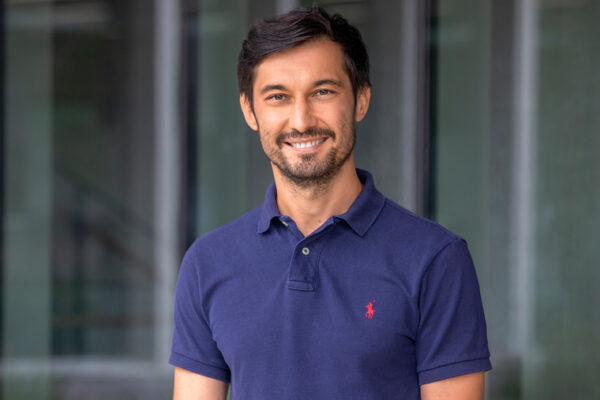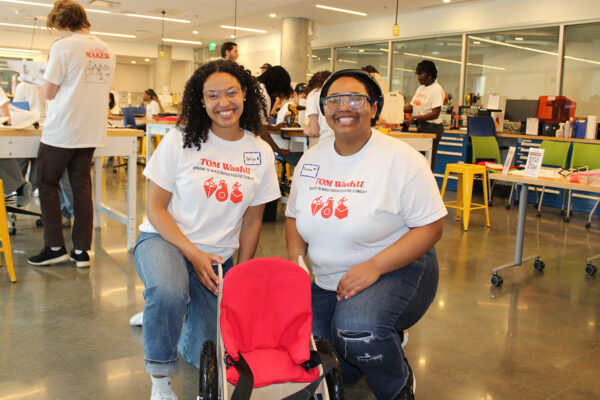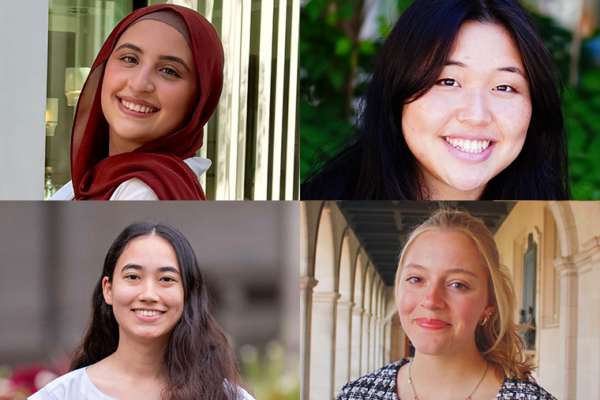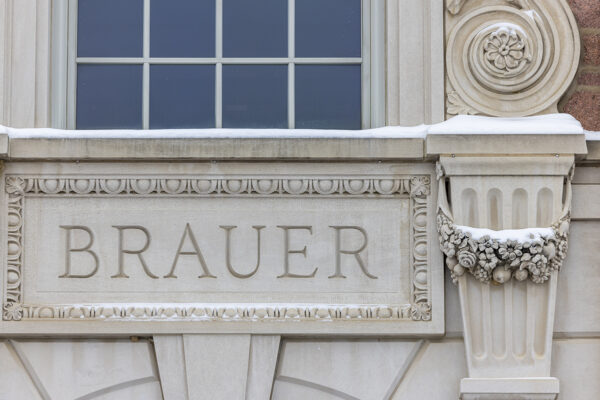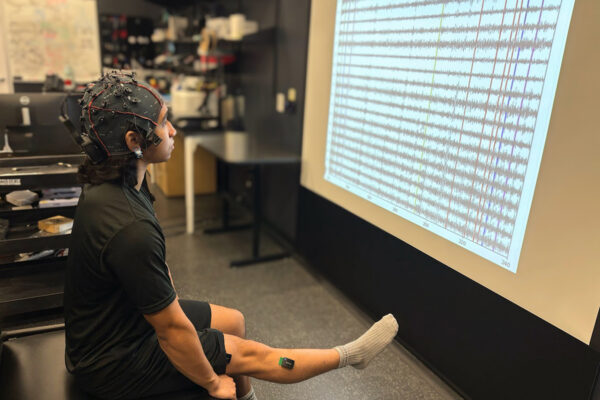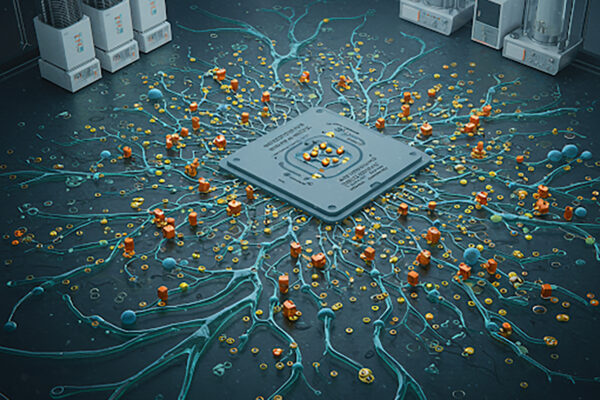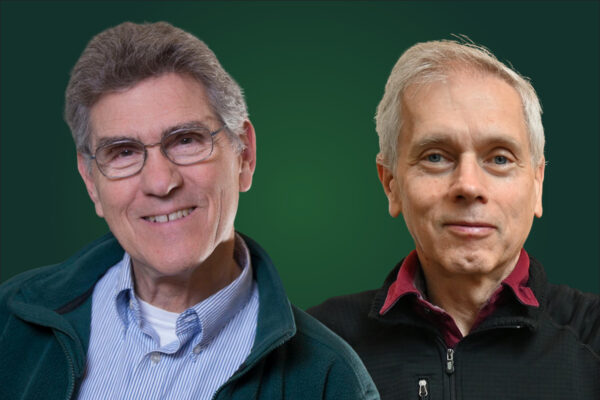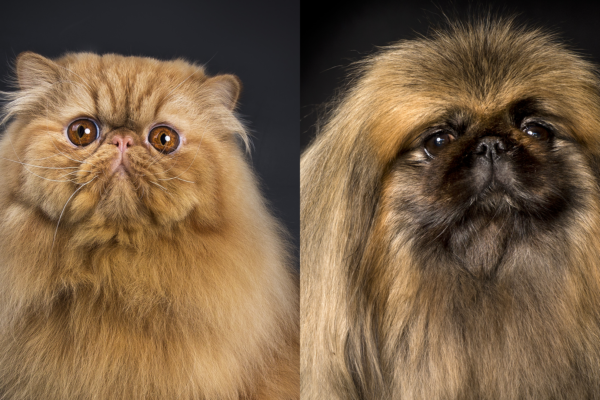Removing selenium from water takes iron strength
Environmental engineers at WashU have developed critical methods to remove toxic selenium from water.
The mysterious chemical world inside nanopores
Material scientists at Washington University have found ways to control contaminants in nanoporous materials used in water treatment and other manufacturing processes.
Kamilov named Donald L. Snyder Career Development Professor
Ulugbek Kamilov, an engineer at Washington University, has been installed as the inaugural Donald L. Snyder Career Development Professor at the McKelvey School of Engineering.
Made with care
Biomedical engineering students from Washington University have started an assistive technology-focused student group to help local communities, including creating wheelchairs for young children.
Biology students win annual awards
Seniors Basma Daham, Autumn Kim, Angelina O’Brien and Lillith Streett, in Arts & Sciences, were named winners of the Department of Biology’s annual awards.
McKelvey Engineering honors 2025 distinguished alumni
The McKelvey School of Engineering at Washington University in St. Louis has announced its recipients for the 2025 alumni awards.
Brain decoder controls spinal cord stimulation
Biomedical engineering researchers at Washington University have developed a brain wave decoder that can help people with spinal cord injuries.
A neuro-quantum leap in finding optimal solutions
A computer scientist at Washington University has developed a problem-solving architecture modeled on neurobiology that leverages quantum mechanical behavior to guarantee optimal solutions to complex problems.
Two named to American Academy of Arts & Sciences
Two WashU faculty are among nearly 250 newly elected members of the American Academy of Arts & Sciences, one of the nation’s most prestigious honorary societies. They are physicist Carl Bender, in Arts & Sciences, and immunologist Marco Colonna, at the School of Medicine.
Copycat evolution
Biologist Jonathan Losos, in Arts & Sciences, has documented evidence of a kind of “copycat” evolution between extremely short-faced breeds of cats and dogs. Generations of intentional breeding have led these animals to converge on a rounded, flat-nosed head shape that humans prefer — even though the shape causes a variety of health ailments.
Older Stories


